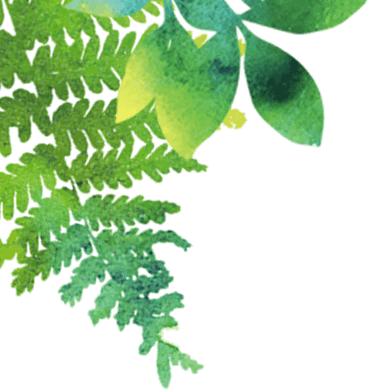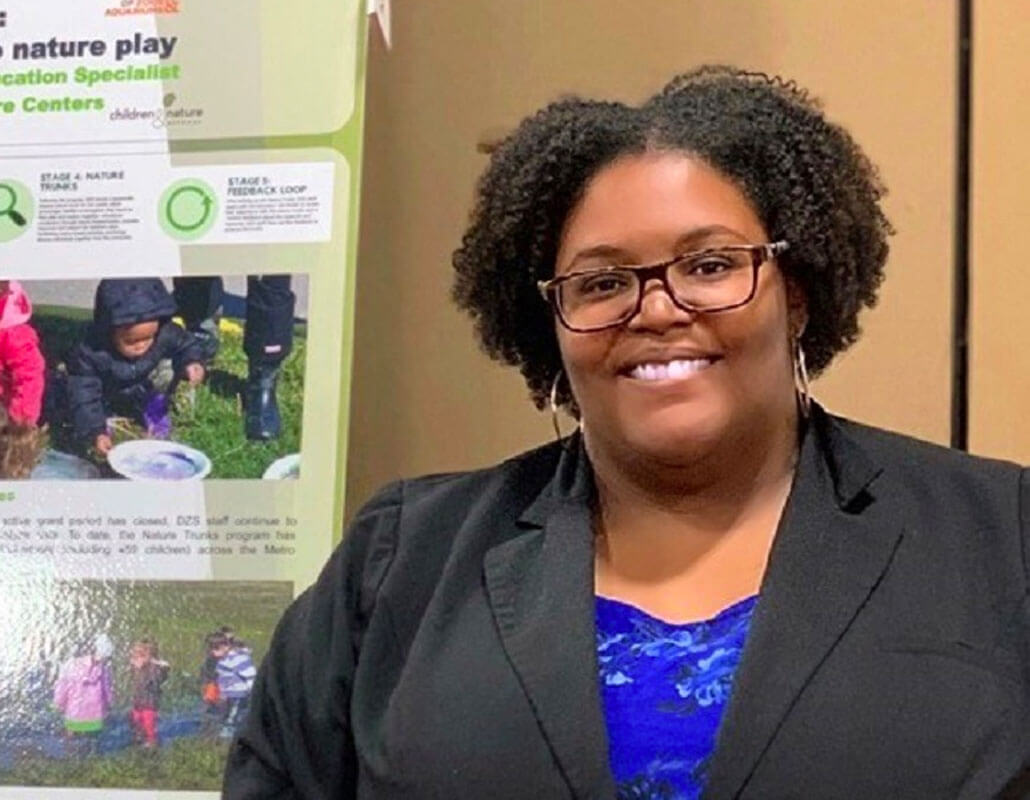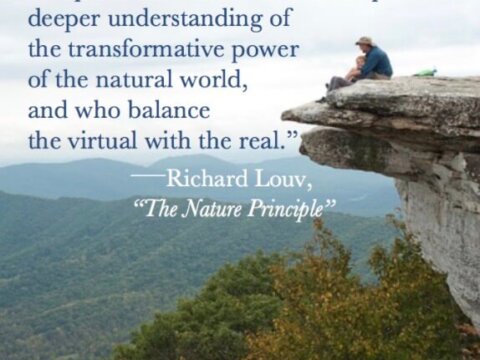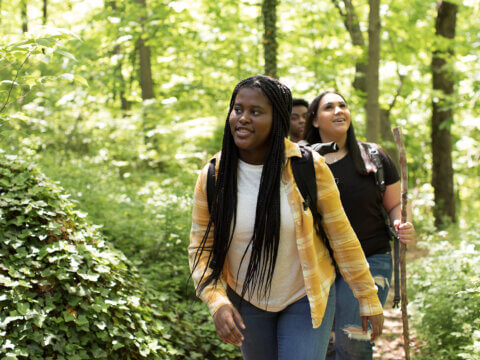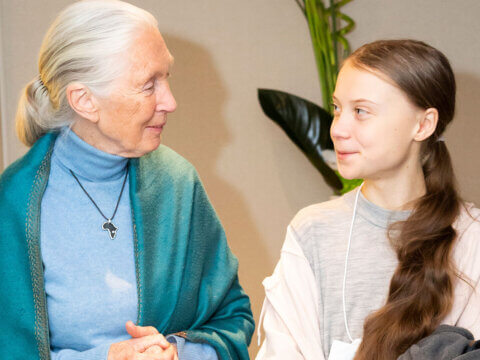NATURAL DETROIT: Developing Youth Through the Magic of Nature
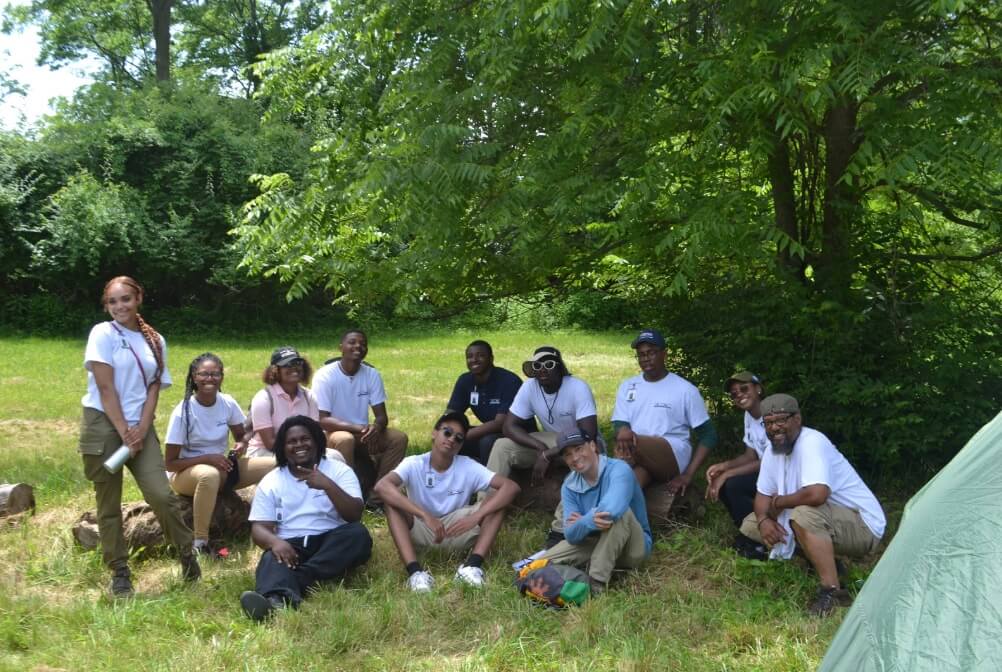
Let me paint the scene. School’s out! The final bell has rung and kids are flying out of every door at Merriman Elementary School in Romulus, Michigan, rushing home to start their summer adventures. Days prior, my classmates gushed about the vacations their families would be taking and the things they were going to do with friends. But not me.
Starting when I was six years old, my summer plans had always been the same: I would spend my vacation time in Detroit, Michigan visiting my uncle and cousins. Whenever I talked about my anticipated summer plans, people would reply with repugnance or pity. They would say, “Too bad. You are not going to have a REAL summer vacation.” Or, “You should tell your parents you don’t want to go.” But they didn’t understand that I was the lucky one.
For me, summer in Detroit was the best thing in this world. It surely beat out any amusement park or trips up north. I was lucky to spend 10 weeks with the people I love, making memories, laughing, playing, exploring and investigating. But more importantly, I would have 10 weeks of nature in Detroit. Even though I was only coming from Romulus, nature looked completely different there than it did in Detroit. In Romulus, there were manicured lawns, an occasional squirrel, maybe even a blue jay or two. But Detroit was filled with nature! There lived the fastest rollie pollies, cutest cottontail rabbits, fiercest opossums, smartest raccoons and the most artistic spiders.
My family in Detroit had a rule that children could not stay inside all day. So, every morning after breakfast, my cousins and I would trot out the front door, excited to explore the world around us. We would spend our days flipping logs, investigating the critters who lived there and going to the library to learn more about them. If this did not satisfy our appetite for nature, wading through the tall grasses of vacant homes, searching for insects, feeding stray cats, counting birds on electrical wires, and helping an abandoned litter of puppies did the trick. Those summers allowed nature and me to become acquainted. I began to understand the concept of humane treatment and the needs of animals. I discovered my love of reading. And those summers were where my desire to provide enriching experiences in nature for all children was established.
Today, I look back to those summers and understand how impactful positive experiences in nature can be and why more are needed.
Youth who spend more time outdoors exhibit higher levels of self-esteem, self-confidence and emotional resilience (Blackwell, 2015). These skills are not only critical in developing positive attitudes and behaviors toward the environment, but they are also instrumental in creating organizational and community change. However, people of color and families living in areas identified as low socioeconomic status are disproportionately less likely to spend time in nature, thus unable to capitalize on the benefits and beauty that it provides (Strife and Downey, 2009). This could be due to a lack of available transportation or safety concerns that deter someone from engaging with nature. This statistic persists for Michigan’s youth despite the fact that we are surrounded by 11,000 inland lakes, more than 36,000 miles of streams, are never being more than 85 miles away from a Great Lake, or more than an hour away from a state park.
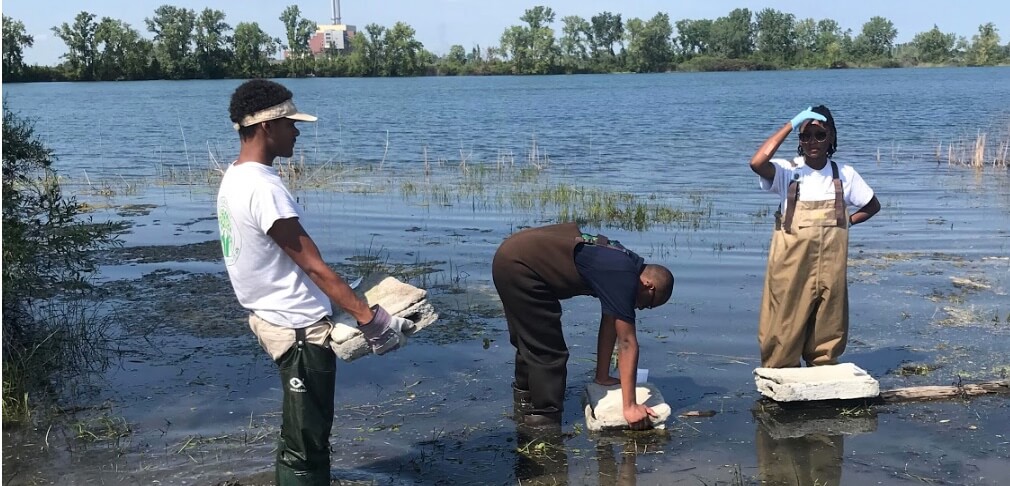
To ensure that youth have equitable access to such opportunities, I joined the Detroit Zoological Society (DZS) in 2016 and became the coordinator for the Environmental Stewardship Internship (ESI) Program. ESI is a youth development program in which Detroiters aged 16-19-years-old explore careers in the natural resource and conservation field, discover recreation opportunities in the state of Michigan and build their employability skills. For the past six summers, the DZS has participated in the Summer Youth Employment Program, which supports ESI through grants from the Michigan Department of Natural Resources. ESI also attracted additional support from Comerica Bank.
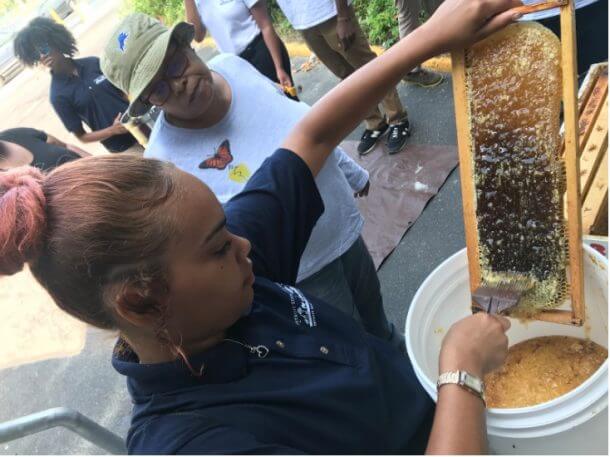 Youth development is an ongoing process of social, emotional, physical, cognitive, civic and moral development that is critical in the adolescent and young adult life stage (Pittman, 2019). These opportunities provide gateways for youth to build relationships and overcome shortcomings and challenges while growing their skills and competencies. These experiences are also instrumental in bringing out the best qualities of the youth and can serve as safe spaces where they can develop their identities and build their confidence.
Youth development is an ongoing process of social, emotional, physical, cognitive, civic and moral development that is critical in the adolescent and young adult life stage (Pittman, 2019). These opportunities provide gateways for youth to build relationships and overcome shortcomings and challenges while growing their skills and competencies. These experiences are also instrumental in bringing out the best qualities of the youth and can serve as safe spaces where they can develop their identities and build their confidence.
Throughout our eight week program, our youths’ lives are transformed through mentorship, skill-building and nature-based activities. In our program, the youth are able to reflect and share stories with their peers and families about their many adventures, including extracting honey from a hive with live bees buzzing around them, hiking through thick Flatwood forests, ziplining through treetops, and falling asleep without hearing the whirring of cars or airplanes, but instead, the sweet sounds of a screech owl. The youth also investigate environmental issues affecting Belle Isle and the Great Lakes watershed as they are introduced to wildlife conservation, environmental stewardship, and career opportunities through hands-on projects, training and fieldwork. Jointly, the Belle Isle Nature Center in Detroit, the Detroit Zoo in Royal Oak, and other Michigan state parks provide the worksites for these opportunities. Collectively, these experiences support the youth in developing their comfort with nature as they immerse themselves in the activities and develop a variety of useful skills that are applicable to their professional, personal and academic lives. These skills range from species observation and identification to managing time effectively.
By the end of the program, if participants leave with only a robust skillset, we consider that a success. However, many report leaving with new thoughts and feelings about themselves and the realization of how capable and resilient they are. They see how far they have come with healing themselves and working through their trauma and obstacles as they developed coping skills, a positive self-identity and self-love. They are also able to build meaningful relationships as the interns encourage each other to overcome individual limitations and barriers with nature.
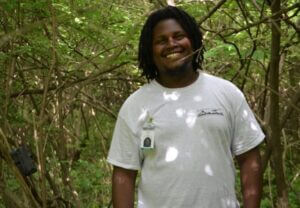 It has been such a moving experience to witness the transformation our youth go through and the many ways the program has impacted them. One intern spoke about how the ESI program has deterred them from falling under the negative influences in their life. Many others have spoken about how having consistent access and engagement with nature has shaped and developed their identity as an environmental steward. Others have credited the program with developing their beliefs relating to environmental justice, climate change and sustainability— information that will help them advocate for changes in their community.
It has been such a moving experience to witness the transformation our youth go through and the many ways the program has impacted them. One intern spoke about how the ESI program has deterred them from falling under the negative influences in their life. Many others have spoken about how having consistent access and engagement with nature has shaped and developed their identity as an environmental steward. Others have credited the program with developing their beliefs relating to environmental justice, climate change and sustainability— information that will help them advocate for changes in their community.
After participating in the program, our interns report how inspired they are to adopt more environmentally-conscious behaviors such as no longer swatting bees, using sustainable products, and becoming ethical consumers. All of these changes make what they’re learning more relevant and helps develop a deeper interest in nature.
From our ESI program, many of our interns have gone on to accept job positions and other opportunities in the natural resources field. One intern was hired by Detroit Outdoors as an education intern and then offered an internship with the Fish & Wildlife Service, where she was placed at the Minnesota Valley Wildlife Refuge. She created and facilitated events to educate the public about the humane treatment of urban wildlife while working within Somali and Spanish communities. She has expressed how ESI has been her “springboard” into this natural resource field and how it has provided her with skills that directly helped her land these opportunities.
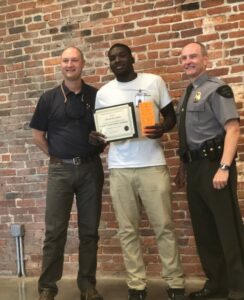 Another intern recently accepted a position with the National Audubon Society as their Wild Indigo Coordinator. Within this position, he will co-design a series of outdoor community events that will target diverse multi-generational audiences. Programs will incorporate the communal interests and concerns (health, safety, education and heritage, etc.), to demonstrate the links between clean water, healthy fisheries and birds’ habitats, while providing opportunities for stewardship and local advocacy. This project builds on previous Audubon Great Lakes’ wetland restoration efforts, which focuses on marsh birds— key predators in wetland habitats— as indicators and visualizations of environmental health. This same intern was previously a Jane Goodall Fellow, planning activities and events that promoted positive socialization and creative outlooks on community engagement. One of these activities was an art contest highlighting global conservation efforts. The winning painting of a tiger is now housed in the Buddy’s Pizza at the Detroit Zoo.
Another intern recently accepted a position with the National Audubon Society as their Wild Indigo Coordinator. Within this position, he will co-design a series of outdoor community events that will target diverse multi-generational audiences. Programs will incorporate the communal interests and concerns (health, safety, education and heritage, etc.), to demonstrate the links between clean water, healthy fisheries and birds’ habitats, while providing opportunities for stewardship and local advocacy. This project builds on previous Audubon Great Lakes’ wetland restoration efforts, which focuses on marsh birds— key predators in wetland habitats— as indicators and visualizations of environmental health. This same intern was previously a Jane Goodall Fellow, planning activities and events that promoted positive socialization and creative outlooks on community engagement. One of these activities was an art contest highlighting global conservation efforts. The winning painting of a tiger is now housed in the Buddy’s Pizza at the Detroit Zoo.
Facilitating a youth development program in a natural setting is critical in supporting the next generation of change agents and gaining equitable access to nature for everyone. But we can’t do it alone. Everyone has to be involved. We need politicians, scientists, nature enthusiasts, urban planners, doctors, conservation officers and the public to participate in these experiences. We must recognize that nature is a human right and ensure equitable access and engagement so that every child experiences a sense of wonder as they flip logs, wade through tall grass and search for insects.
Photo credit: Ajee Witherspoon
-
Network News
Earth Day: Young leaders advocate for change
-
Feature
Nature photographer Dudley Edmondson has a vision for the representation of Black and Brown faces in the outdoors
-
Richard Louv
EARTH MONTH: You're part of the New Nature Movement if....
-
Voices
Placemaking: How to build kinship and inclusive park spaces for children with disabilities
-
Network News
Children & Nature Network founders release report on global factors influencing the children and nature movement
